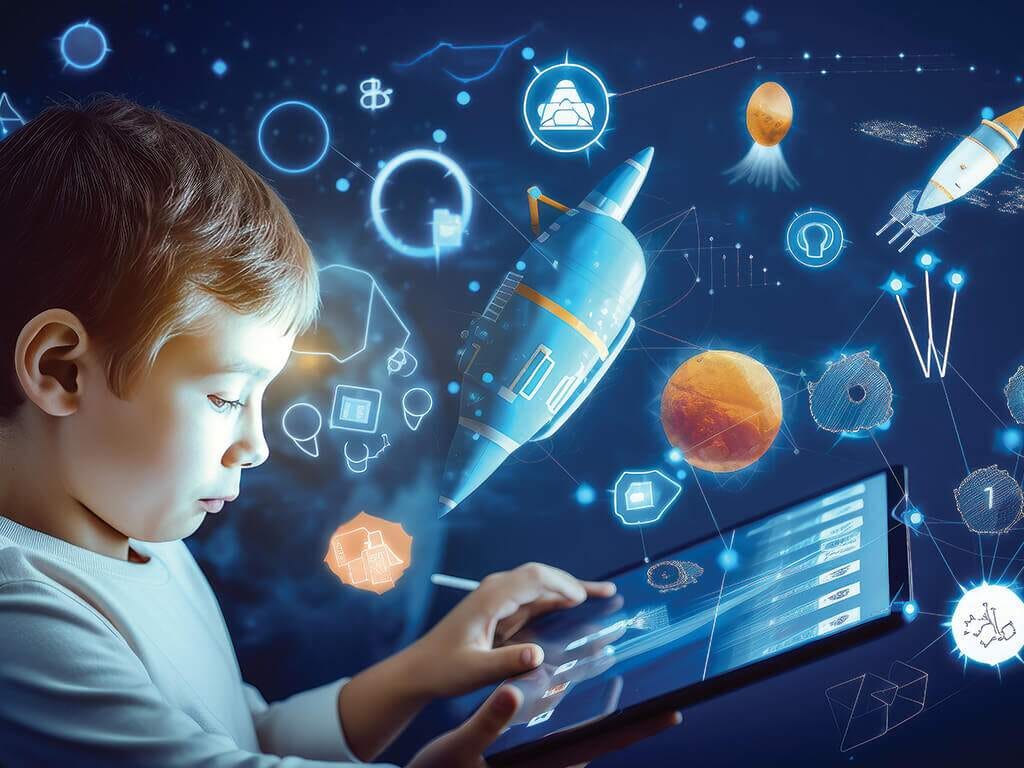Part 5: Benefits of Artificial Intelligence
Part 5: Benefits of Artificial Intelligence
Artificial Intelligence brings numerous advantages across industries and in daily life. By automating tasks, analyzing massive amounts of data, and supporting human decision-making, AI creates opportunities for growth, innovation, and efficiency. Below are the most important benefits of AI in 2025.
1. Efficiency and Productivity
AI enables businesses and organizations to complete tasks faster and with fewer errors. Machines can work continuously without fatigue, which is especially useful in manufacturing, logistics, and healthcare.
Example: In factories, AI-powered robots assemble products 24/7, leading to higher production rates and lower costs.
2. Accuracy and Precision
AI systems excel at analyzing data with high precision. In fields such as medicine, AI can identify health risks earlier than human doctors, reducing misdiagnosis. In financial services, AI detects fraudulent transactions with great accuracy.
3. Personalization
One of AI’s most popular features is personalization. From Netflix recommending your favorite movies to e-commerce platforms suggesting products, AI tailors experiences to individual needs.
In education, adaptive learning systems create customized lessons that help students learn at their own pace.
4. Cost Savings
By automating repetitive tasks, AI reduces operational expenses for businesses. Customer service chatbots, for instance, lower the need for large human support teams, while predictive maintenance systems reduce machine downtime and repair costs.
5. Innovation in Research and Development
AI accelerates research by quickly analyzing data and testing hypotheses. For example, AI systems contributed to the rapid development of COVID-19 vaccines by simulating how proteins fold and interact.
In climate science, AI models predict weather patterns and help create strategies for sustainability.
6. Accessibility and Inclusion
AI improves accessibility for people with disabilities. Voice recognition, real-time translation, and AI-powered assistive technologies make information and services more inclusive worldwide.
- AI boosts efficiency and productivity.
- AI ensures high accuracy and precision in critical fields.
- AI personalizes experiences for individuals.
- AI reduces costs through automation.
- AI accelerates innovation in research and science.
- AI enhances accessibility for everyone.





Comments
Post a Comment